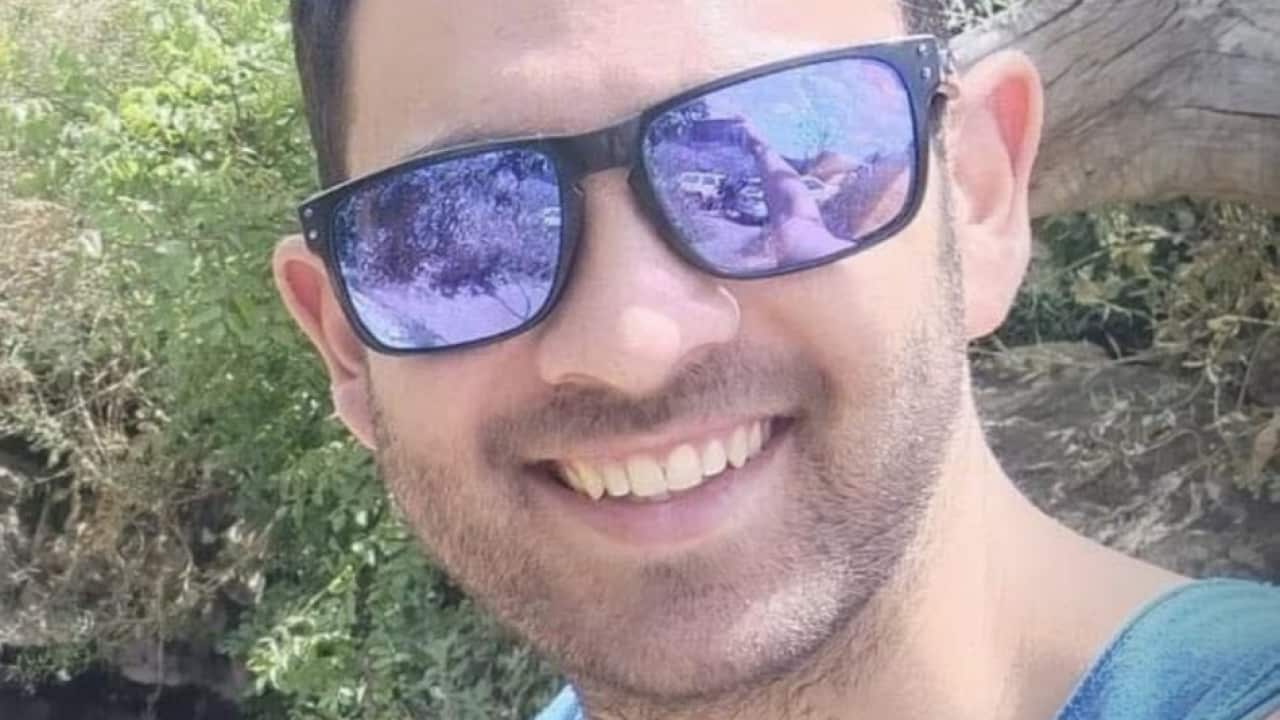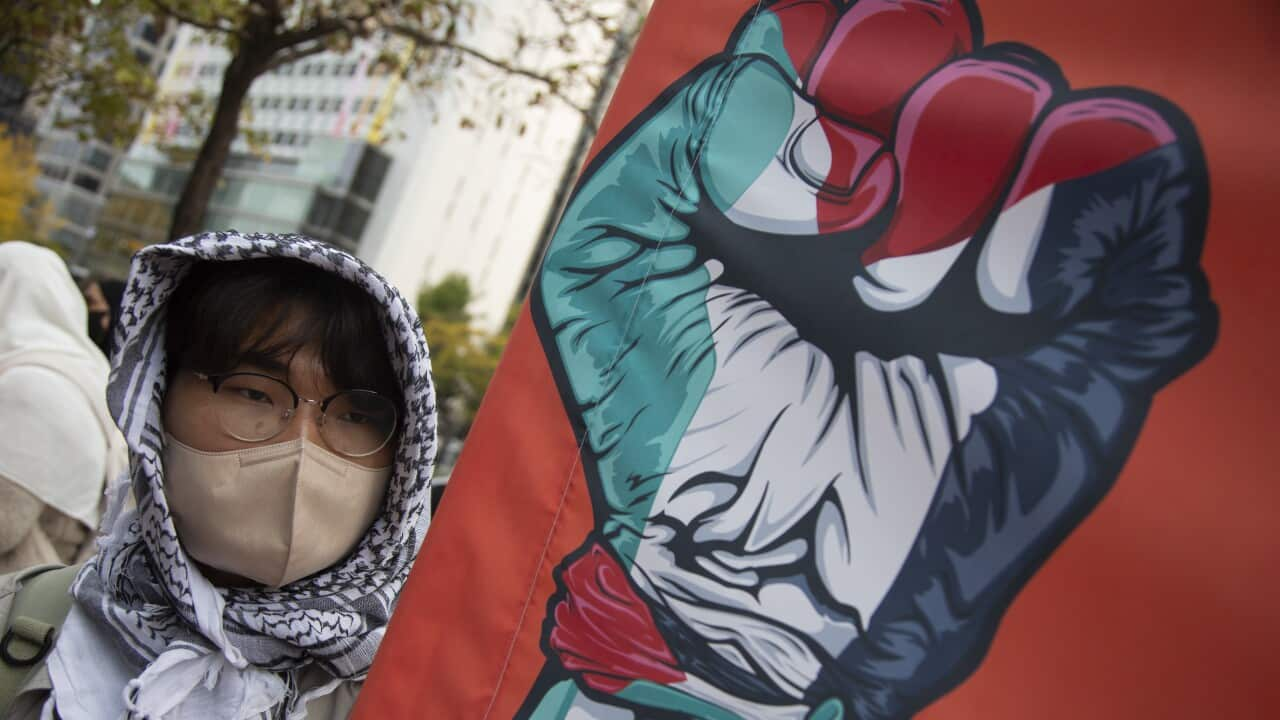Key Points
- Hamas has confirmed deputy leader Saleh al-Arouri died in an attack in Beirut.
- He is the first senior official of Hamas killed during the war.
- The Beirut attack is the first strike on the Lebanese capital since hostilities began.
French President Emmanuel Macron has called Israeli minister and war cabinet member Benny Gantz to relay his message to de-escalate the conflict in Gaza and avoid turning it into a broader regional conflict.
"It was essential to avoid any escalatory attitude, particularly in Lebanon, and that France would continue to pass on these messages to all players directly or indirectly involved in the area," the French presidency said.
Hamas number two Saleh al-Arouri was killed in a strike attributed to Israel in a suburb of Beirut on Tuesday evening, the Palestinian militant group and Lebanese security officials said.
Israel regularly carries out strikes against the Hamas-allied Hezbollah movement along its shared border with Lebanon, but Arouri's killing was the first time since the start of the war in Gaza that it has targeted the Lebanese capital.
Israel has previously announced the killing in Gaza of Hamas commanders and officials during the war, but al-Arouri is the most high-profile figure to be killed, and his death came in the first strike on the Lebanese capital since hostilities began.
Hezbollah vows retribution
Israeli army spokesman Daniel Hagari did not directly comment on Arouri's killing but said the military is "highly prepared for any scenario" in its aftermath.
"We are focused on killing Hamas," Hagari told a media briefing.
Mark Regev, an adviser to Israeli Prime Minister Benjamin Netanyahu, said in an interview with MSNBC TV that Israel "has not taken responsibility for this attack".
Lebanese state media reported the strike hit a Hamas office in Beirut's southern suburbs, a stronghold of Lebanon's Iran-backed Hezbollah movement.
A second security official in Lebanon confirmed the information about Arouri's killing.
Hamas TV said Israel had killed Arouri in Lebanon, and Lebanese media said a total of seven people were killed in the attack by an Israeli drone.
Fears of escalation in conflict
The strike adds to widespread regional fears that the nearly three-month-old Israeli-Hamas war could become a wider conflagration.
Hamas said the killing will not lead to its defeat, while Hezbollah vowed Arouri's death will not go "unpunished".
Hezbollah called it "a serious assault on Lebanon ... and a dangerous development in the course of the war".
Lebanon's Prime Minister Najib Mikati condemned the killing and said it "aims to draw Lebanon" further into the Hamas-Israel war.
Hamas' attack on 7 October resulted in the death of around 1,200 people, according to Israel, most of them civilians.
The Hamas militants, whose movement has ruled the Gaza Strip since 2007, also took around 240 hostages, 129 of whom remain in captivity, according to Israeli figures.
Since then, more than 22,000 people have been killed in Gaza since Israel launched its months-long retaliatory action.
Israel has announced plans to pull back some troops, hinting at a new phase in the war amid a rising global outcry over the plight of Gaza civilians, although also warned its offensive has many months to run.
Israeli bombardments have engulfed Gaza's 2.3 million residents in a humanitarian disaster in which thousands have been left destitute and threatened by famine due to a lack of food supplies.











